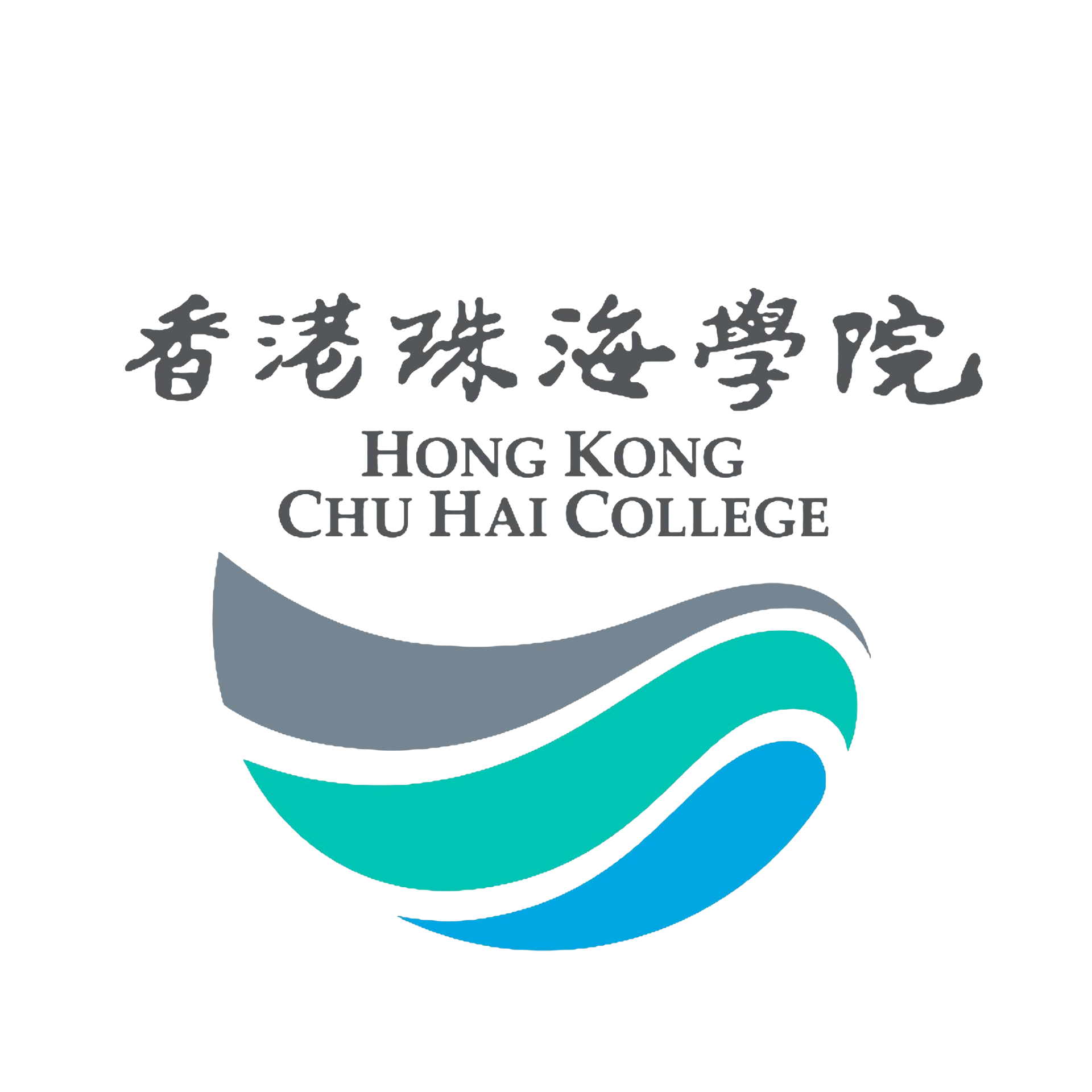(SEP 2017) QESS project (2017-18) The Head of Department, Prof. LO, Wai Lun, has recently got project funding from the Self-financing Post-secondary Education Fund, Quality Enhancement Support Scheme (QESS) (2017-18) for the following project.
Development of Virtual Reality Teaching Tools for Science and Engineering Education
Prof. Wai Lun LO (PI), Head of CS dept., CHCHE
Dr. Hong FU (Co-I), Associate Professor, CS dept., CHCHE
Quality Enhancement Support Scheme (QESS) under Self-financing Post-Secondary Education Fund, Education Bureau HKSAR
24 months, HK$1,778,000, 01/QESS/2017


Research and development in virtual reality methodology has attracted attentions from computer science researcher and professionals in industrial sectors. Research outcomes in VR research has found many practical applications such as VR product design, interior design, engineering evaluation, game development and animation. The application of virtual reality in education is relatively new to the tertiary education sector. We have foreseen the potential of applications of the VR teaching methods in various courses of the faculty of Science and Engineering. The major aim of this project is to design and implement new Virtual Reality (VR) teaching tools system for improving the teaching quality.

